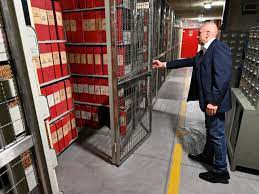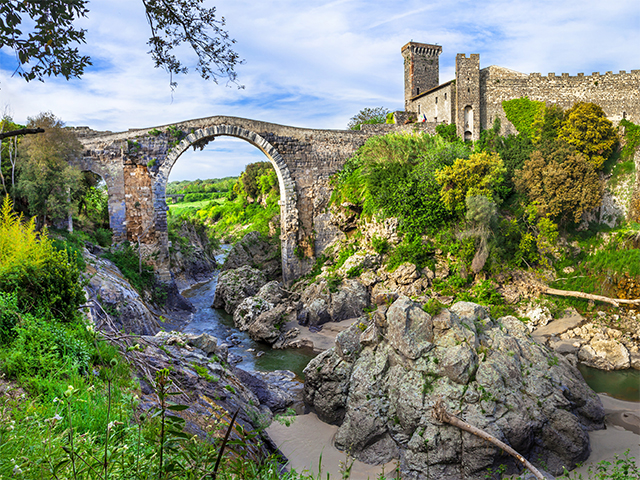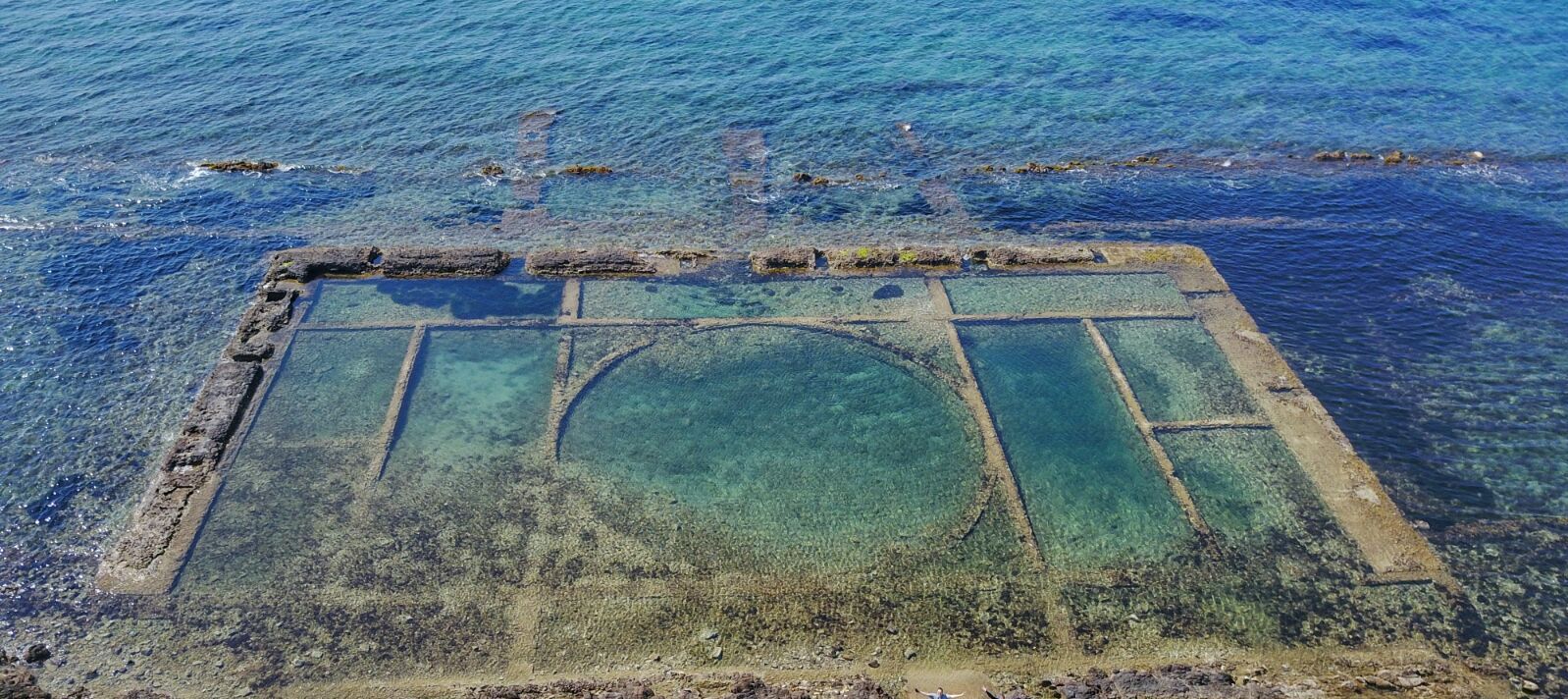On March 2, 2020, Pope Francis made the documents of the controvertial archives of Pius XII, preserved in the Vatican Apostolic Archives (previously called Vatican Secret Archives), availabe for academic research, and the study and research projects that arise from the possibility of working on materials hitherto unpublished are infinite since then. One of these projects, and probably the most intresting one, puts at the service of a common historical research the scientific expertise of four different universities: the Catholic University of the Sacred Heart, the Pontifical Gregorian University, the Universidad de Navarra and the Universidade Católica Portuguesa.
Over a period of four years and with a common thread “Occidentes. Horizons and Projects of Civilization in the Church of Pius XII”, the project can represent an added value, enriching the work of individual researchers and placing it within an international horizon.
This project will focus on four areas of study:
- The Holy See and the West in the post-war world order;
- Civilization, inculturation, indigenist movements: on the borders of the West;
- Church, Catholics and democracy: comparing experiences;
- Lead the development. Catholics and socio-economic modernisation.
The research work plan of this project is really ambitious. It begins with the Holy See and the West in the post-war world order, with particular reference to Euro-Atlantic relations, relations with Europe beyond the Curtain, decolonization to the Middle East and the State of Israel. Then Latin America and Africa with the situation of Catholicism, Protestantism and indigenous peoples in Latin America and the missionary commitment, implantatio Ecclesiae up to the themes of inculturation.
Back to Europe again with the confrontation between the Church, Catholics and democracy, the European Christian Democrats and the prospects of continental unity. Again in Latin America for the confrontation between authoritarianism and democracy and between Catholics and religious freedom: experiences in comparison between the United States, Europe and Latin America “Other West”.
The international resonances of Spanish National Catholicism and the Portuguese Estado Novo. Finally, the search for a "third way" between capitalism and communism, the problem of underdevelopment and the Western Churches and the "American way of life" during the Pacellian pontificate. It also suggests the opportunity to develop research on such wide-ranging topics by networking among academic institutions recognized on the international scene which can share and integrate their respective competences in order to open up original and interdisciplinary research paths.
Furthermore, the breadth of published and unpublished sources offers a precious opportunity for those who wish to critically explore the ideas of "West" and "civilization" that Western Catholicism (European, North American and Latin American) has consciously or unconsciously conveyed throughout the pontificate of Pope Pacelli, in the most diverse areas. The idea of "West" has been the subject, since ancient times, of the most diverse interpretations, which have attempted to define its extension and limits, in a crescendo of complexity especially since the discovery of the New World (America).
This idea of the West, which coincides for a certain period with the idea of Europe, has been studied for a long time and, at the beginning of the twentieth century, the concept of "West" was used for an ideal handover from Europe to the United States.
Is it really so? And where does this idea of "West" come from during the twentieth century?
The years of the pontificate of Pius XII from 1939 to 1958 are important for understanding the social and political development of Europe divided between the West linked to USA and the East oppressed by communism, and the Catholic Church during his pontificate has contributed to keeping alive the dialectic between different ideas and models of the “West”. This gave birth to a critical attitude towards the capitalist system and which has led, in some cases, to cultivate the design of a "third way" between capitalism and collectivism. In fact, United States and the Holy See, which share the commitment against the spread of communism, both claim the role of authentic interpreter of the demands of Western civilization. But the Christian West and the capitalist West are not the same thing and this is seen in Latin America.
Then, there are Spain and Portugal which, in their intentions, continue to embody that ideal of a "Catholic corporate state". And there is the birth of the State of Israel in 1948 which redefines the territorial borders of the West, creating an outpost of great symbolic value in one of the historical and ideal sources of European culture: Jerusalem.
This is why the years of the pontificate of Pius XII (1939-1958) appear to be relevant for the development of a particular approach to the international socio-political reality.
For each thematic area, the organization of an international conference is also envisaged, which may take place at one of the participating universities.







